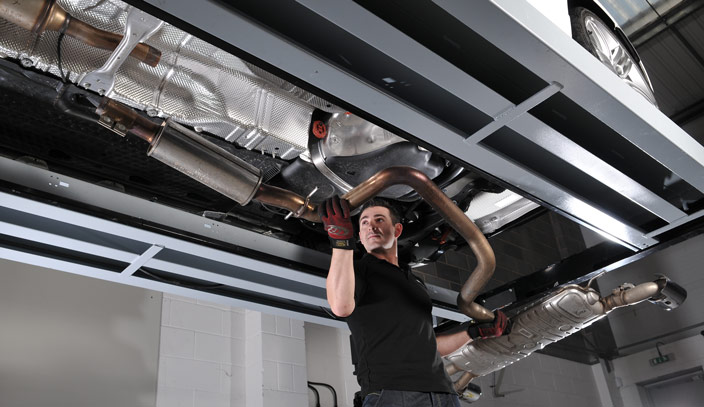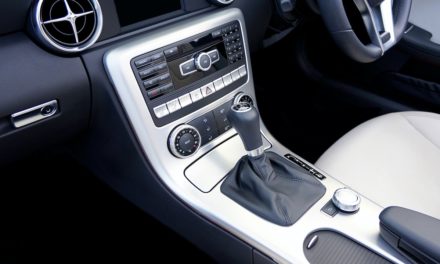The exhaust system of your car provides four primary functions when you are on the road. Firstly, it is used to reduce noise, which can be an issue you notice straight away should a problem develops with it. The second function is to ensure that noxious exhaust fumes are pushed away from the occupants of the vehicle. Thirdly, a properly functioning exhaust system will offer a better performance of the car’s engine. This has a direct correlation with the fourth function of your exhaust which is one that many people don’t realise. Simply put, your exhaust improves the fuel consumption of your car and – without it working in A1 condition – it can cost you money for every mile that you drive.
Car manufacturers who have a reputation for reliability and engineers who focus ever more closely on fuel economy, such as Honda, add exhaust warranties across their entire range of models. A comprehensive car warranty like Honda’s should offer a guarantee on the exhaust for something like five years. Along with this, quality car makers will usually provide further warranties for things like body and chassis corrosion, something that Honda afford new customers. It is always worth checking whether your car’s exhaust is functioning within the guidance set by the manufacturer, whether you drive a Honda or not, and to have any elements of the system replaced under warranty, if required. You should notice the difference in your car’s fuel efficiency almost immediately, even if you drive something with excellent cross-town MPG rates, like a Civic. If your car’s manufacturer warranty has expired it is possible to purchase extended ones from third parties. This means that any future problems with the function of the exhaust, and subsequent drop in fuel economy, should be covered.
Remember that an exhaust system is more than just the tailpipe – the bit you see at the back of the car. It is a set of inter-connecting pipes that link the vehicle’s engine to a catalytic converter, an oxygen sensor and a muffler or silencer. At any point in the system there could be a problem which has a negative impact on your fuel economy. Exhaust systems may deteriorate from the outside but can equally develop corrosion problems that are harder to spot – from the inside out. Problems with malfunctioning exhaust systems tend to depend on how far and how frequently you are on the road. Generally, motorists tend to think that it is the length of time that an exhaust has been fitted which is the crucial factor, but this is rarely the case. For example, cars that are primarily driven on short journeys in urban environments will, on average, corrode their exhausts in a quicker period and with fewer miles than cars that do lots of motorway driving.
Some specialist manufacturers of exhausts are identifying the growing interest in the after sales market for systems that will help improve fuel consumption for out-of-warranty cars. For example, the so-called ecoflo exhaust uses a technology that vacuums engine fumes out of the system at higher rates. This, so the makers claim, lowers back pressure to the engine which, in turn, allows it to run much with increased efficiency. If your car is out of warranty it may be worth looking into, depending on the model you drive. However, if you are still within the warranty period, then your best bet remains to have any low-performing parts of the exhaust system replaced on a like-for-like basis and to do so sooner rather than later.
[ad]





